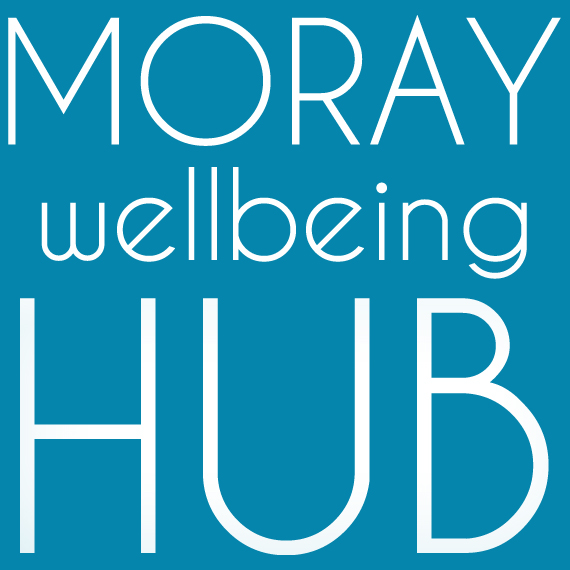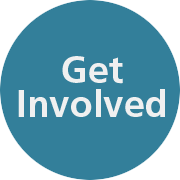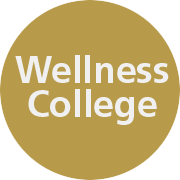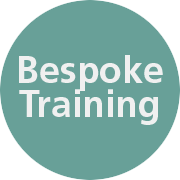When this course was first mentioned in the Moray Wellbeing Hub (MWH) newsletter, I became excited about it, knowing that my Dad was in the Royal Air Force during WWII, and myself been a WO in the Air Training Corps many years ago. The aim of the course was about helping people with trauma and lived mental health experiences, which compelled me to want to learn more about the subject.
As time passed I found myself wondering if I would be able to provide this type of service to personnel within the Armed Forces should they be in crisis, and at the start of the week I didn’t want to go! I became anxious, as I did not want to let myself down or anyone in the MWH, as my ideals and values when growing up and to this day are that I want to be the best I could be, for myself and others who needed help and assistance. My thoughts changed again during that last week and when Thursday arrived I was up dressed and fed, I walked my dogs, then headed off to Elgin to attend the course.
The morning started with introductions from Mick Morely who was facilitating the course to us. Everyone around the table introduced themselves and we all progressed into the lessons of the Armed Forces Mental Health First Aid Course. The Handbook that we were given, gave all the information that would be taught over the two-day course. The MHFA course was originally developed at the Centre of Mental Health Research at the Australian National University in Canberra which had been written by Betty Kitchener and Prof. Anthony Jorm for the Australian National University: the Armed Forces Community Edition of the MHFA Manual was developed in 2012/2013 by MFHA England, Combat Stress; the Royal British Legion and SSAFA.
The Manual contained the following information:
- Mental Health First Aid for the Armed Forces Community
- Suicide and Depression
- Self-Harm, Eating Disorders and Psychosis
- Anxiety Disorders.
We also learned about the structure of the Royal Air Force, and through the Appendices within the course manual we gained information on neurotransmitters and SRI’s/SNRI’s; Inequality, Integrated models of wellbeing, the 5 ways of Wellbeing and the Wellness Recovery Action Plan (known as WRAP) to name a few.
The course was informative – Mick was competent, considerate and professional in the manner he instructed us. His sense of humour and singing was at times hilarious, although there were many serious moments when watching the slides that accompanied the course and Mick reminded us to keep conversations that are of a ‘sensitive nature’ confidential – a crucial element of the course, the rule being “what’s said in the room, stays in the room”.
So, to wind up this reflection, I am now glad I attended the two-day course. The knowledge I have gleaned through the various courses I have attended since I became a Champion with the Moray Wellbeing Hub, has allowed me to put information into practice, challenging my own experiences of lived mental health issues by engaging in the ability to help others. This is indeed invaluable to me.
Ailene






